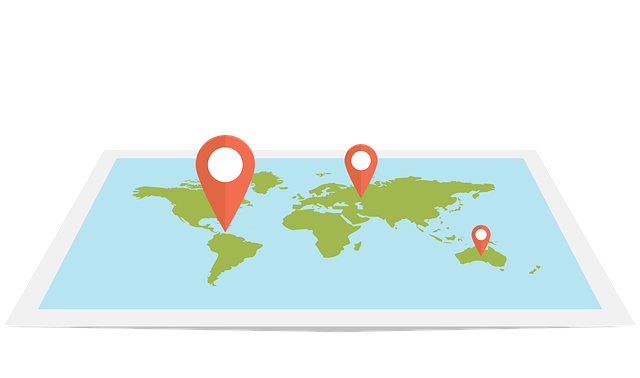Transcreation is a relatively new concept in the world of translation. While translation strives to transmit the content of a document from one language to another, transcreation places its focus on recreating the effects of the original document, making room for nuances and emotions. This involves making substantial changes to the original source material.
Transcreation becomes all the more relevant for brands that want to establish a global presence or move out of their home market. A global expansion strategy calls for an understanding of the local roots in order to draw in customers and grab a substantial share of the market.
Adapting to different cultures is one of the key reasons for marketing behemoths like McDonald’s finding huge success in new markets. Like their famous mascot has a slightly modified name in Japan. So, Ronald McDonald was named Donald McDonald (due to the absence of clear”r” sound in Japanese). The menu is changed as per the local taste preferences too. So while you get rice burgers (McRice) in Singapore; you have pita bread in Arabia (McArabia).
Doing this helps the company establish a bond with its customers. Cultural adaptation gives an assurance to a brand’s consumers that the product was expressly designed for them and is able to connect with them at an emotional level too.
Although it is usually understood, it is especially important to highlight the word culture. In transcreation, also called advertising translation, it is essential to have a deep understanding of the culture of the target market. When your content speaks to its audience in a language they connect with, it helps them easily identify with the brand.
In addition, if we take into account the fact that advertising campaigns are raised and launched with the clear objective of selling more when moving the ad to any other place in the world, the intention will still be the same. For this reason, transcreation must appeal to certain cultural factors, such as humor or pun, and the predominant values in a given society, which are also part of the culture.
Therefore, in marketing, culture is a fundamental element to consider. However, it is not the only one. Emotion also plays a decisive role when it comes to acquiring a product or choosing a service. If a consumer feels connected with the values that the brand promotes, they are more likely to choose it over others.
Transcreation, therefore, combines language, emotions and culture. As is evident, a process with so many aspects to take into account presents a high degree of complexity.
Such services are provided by translation companies like Kocarek GmbH, an ISO 17100-certified company based in Germany. The company has a service code comprising thorough knowledge of the target market. Kocarek’s experts know how to capture possible nuances of meaning, double meanings or negative connotations that, most likely, are not included in a dictionary. You can also expect a firm grip on the colloquial language, taboo expressions, signs and values of a society in their service.
These factors ensure that elements such as the logo, the name of the product or the slogan are not only adequate but also precisely convey a company’s key messages.
This ability, combined, of course, with the language skills and knowledge leads to the creation of successful advertising campaigns in other countries, an aspect this company specializes in.
The bottom line? While a good transcreation job can open new markets and consumer base for a company, a poorly done job can have a totally opposite effect. It is essential for a business to localize its communication, a communication that brings together local awareness with relevant local content. No shortcuts, please!

